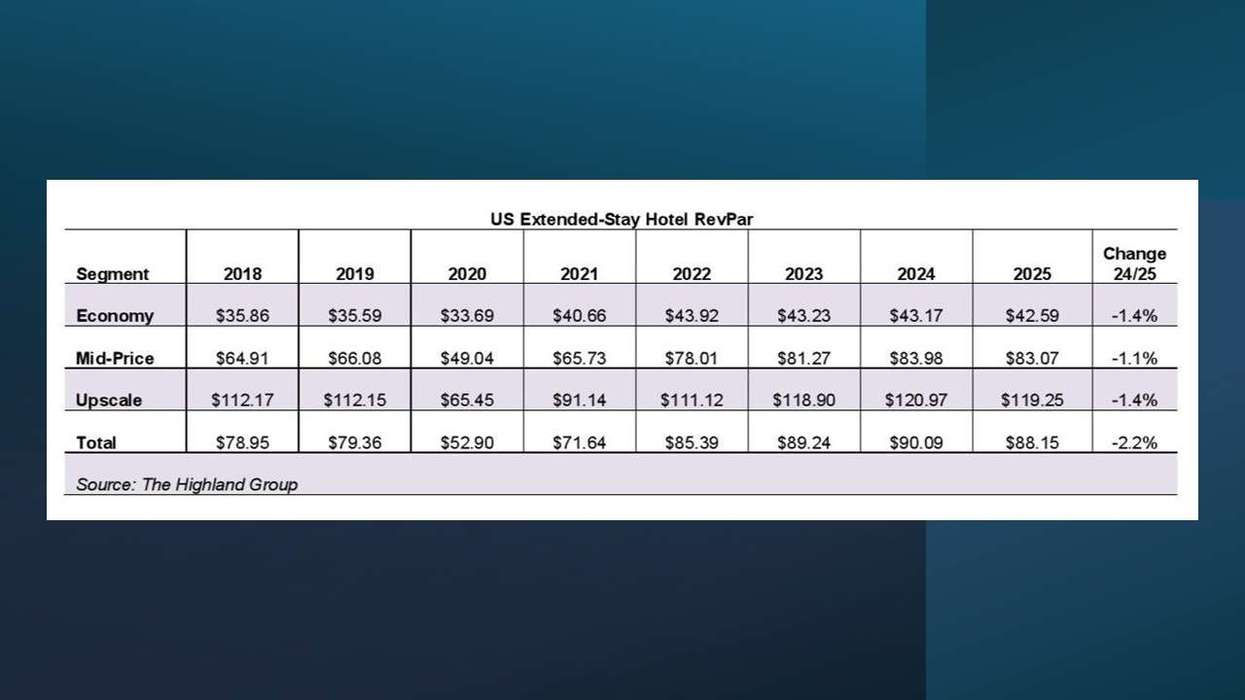SEVERAL PIECES OF proposed legislation will boost fee transparency, prevent human trafficking, support workforce growth and cut red tape, according to the American Hotel & Lodging Association. The association urged Congress to pass these measures before the 118th session ends on Jan. 3.
The bills include the No Hidden FEES Act, Hotel Fees Transparency Act of 2024, HOTEL Act, Closing the Workforce Gap Act and Red Tape Reduction Act. Rosanna Maietta, AHLA’s president and CEO, called on House and Senate leaders in a letter to advance the bills.
The association stated that the FEES Act and the Transparency Act would establish a single, transparent nationwide standard for displaying mandatory lodging fees. They would ensure prospective guests have access to all-in, up-front pricing across the lodging industry, including short-term rentals, online travel agencies, metasearch sites and hotels.
The HOTEL Act promotes anti-human trafficking by encouraging federal employees on business travel to stay at hotels with such programs, according to AHLA. To qualify under the HOTEL Act, hotels must develop training in consultation with state governments, human trafficking survivors, survivor-led organizations, or nationally recognized experts, such as the AHLA Foundation, the association said.
The association has long advocated for policies protecting consumers and guests, including efforts to establish a federal standard for lodging fee transparency, AHLA noted. Since 2019, the AHLA Foundation’s No Room for Trafficking initiative has helped hoteliers identify and prevent human trafficking.
The Closing the Workforce Gap Act to address the nationwide labor shortage and the Red Tape Reduction Act to tackle unreported income in the short-term rental industry.
“From growing the workforce to protecting consumers, preventing human trafficking, and cutting red tape, these commonsense, bipartisan policies are a win-win for hoteliers, employees, and consumers. We encourage lawmakers to support their swift passage,” said Maietta.
AHLA further emphasized that the hotel industry supports one in 25 American jobs and is projected to pay a record $123 billion in compensation this year while generating $83.4 billion in tax revenue. The passage of these bills would greatly support the industry, the association said.
In September, more than 400 AAHOA and AHLA members met with Congress to discuss workforce expansion, tax relief, and OTA fee transparency.






